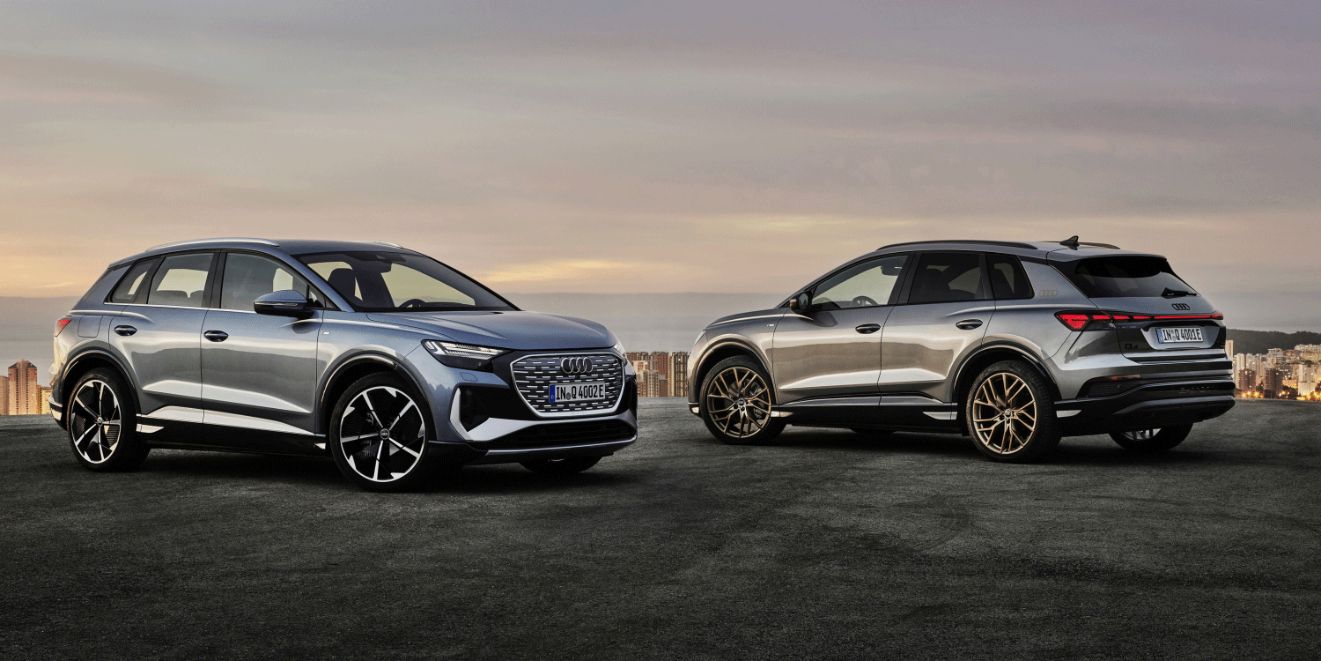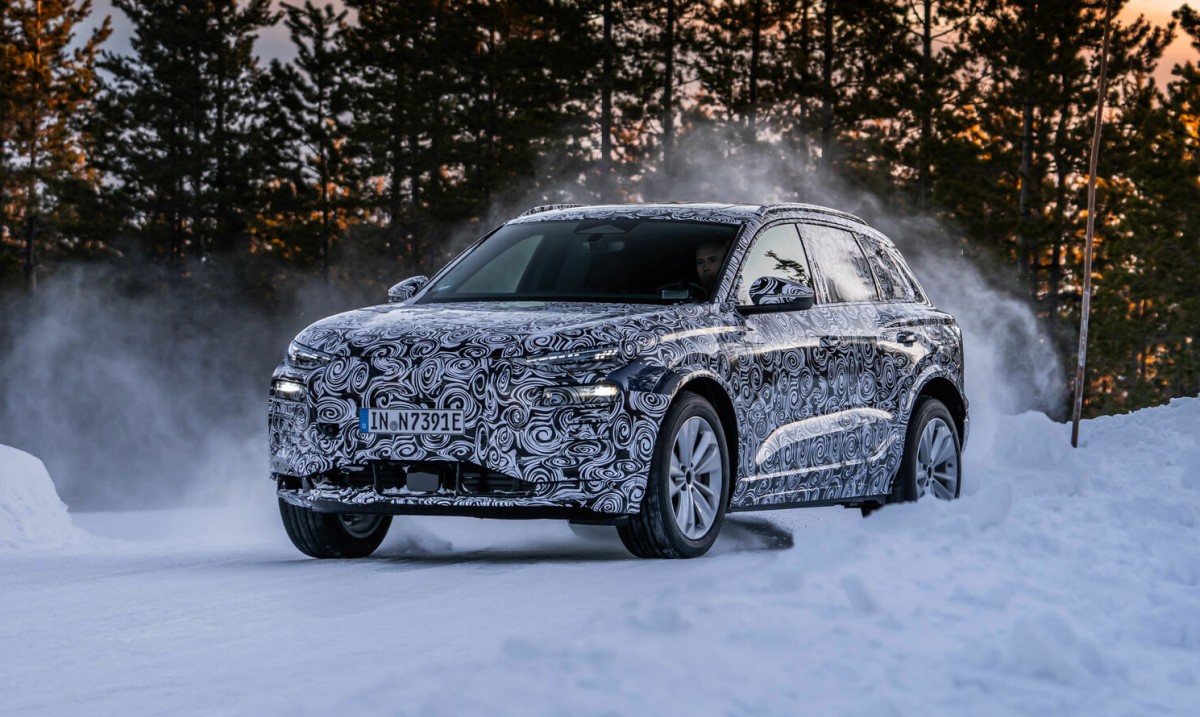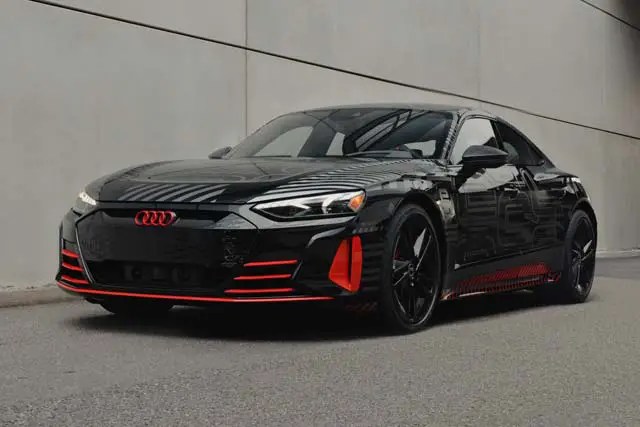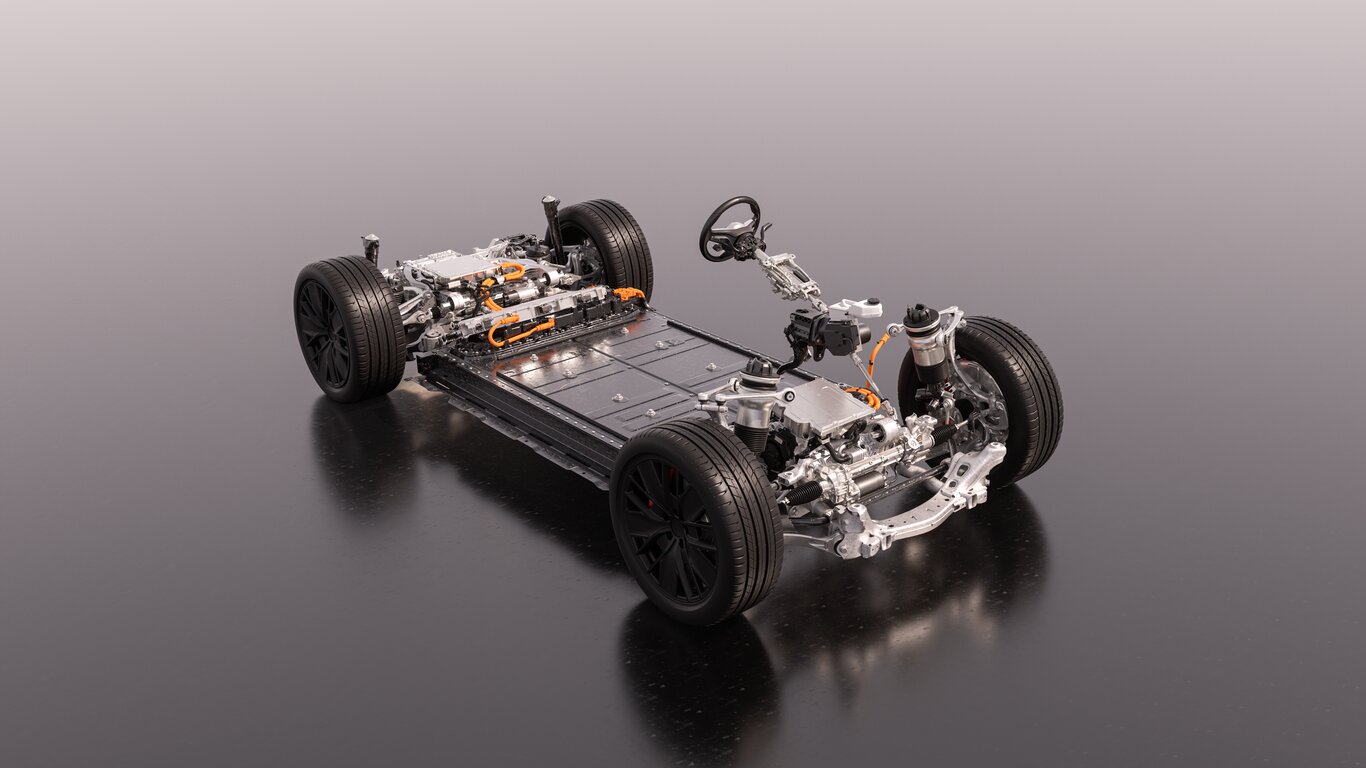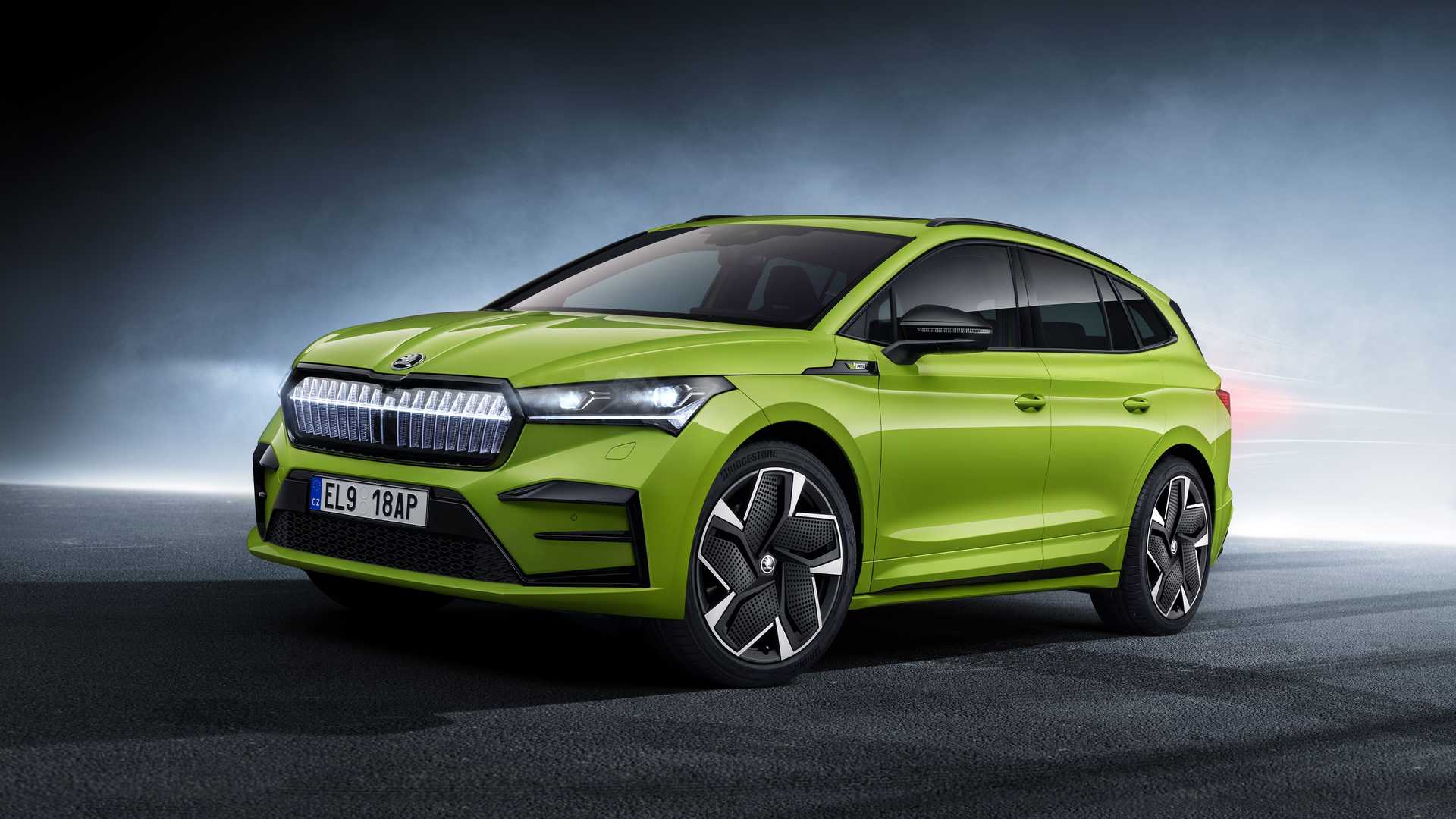Volkswagen Group has set a new target for electric vehicle (EV) sales in Europe for its VW passenger cars brand. The goal is for at least 80 percent of the brand’s sales in Europe to be all-electric models by 2030, which is significantly higher than the 70 percent target announced in 2021 under VW’s Accelerate electrification strategy. Thomas Ulbrich, head of VW brand’s New Mobility business unit for software and self-driving cars, confirmed the new target and stated that the brand has the most ambitious goal of all Volkswagen Group brands, including Audi, Skoda, and SEAT/Cupra.
Ulbrich explained that VW has “always been at the forefront of these issues in the group and we feel obliged to set our targets so high.” However, he acknowledged that the new target is “extremely ambitious” and shows the company’s commitment to electrification.
See also: Volkswagen sign MOUs with Canada to build EV batteries manufacturing plant
VW is not changing its full EV targets for other major markets such as China and the United States, where the Volkswagen brand’s targets for battery-electric vehicles remain at 50 percent.
Last year, fully electric cars made up just over 10 percent of VW brand’s total passenger car sales. To achieve its electrification target in Europe, Volkswagen will introduce several new and refreshed models under its ID lineup of all-electric cars. The recently facelifted ID.3 will begin deliveries in Europe in the fourth quarter of this year, followed by the ID.7, a Passat-sized electric sedan expected to be unveiled on March 15 and delivered to European customers by the end of 2023. Volkswagen is also considering an ID.7 Tourer wagon variant.
Additionally, Volkswagen plans to launch two entry-level EVs priced under $26,500 (€25,000) in 2025, including a hatchback and a crossover likely to be named the ID.1 and ID.2. An all-electric version of the Tiguan SUV is also expected to arrive in 2026.


